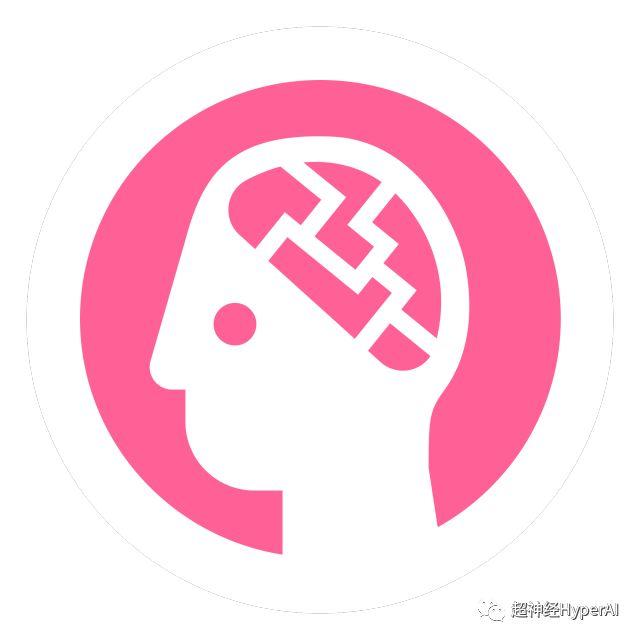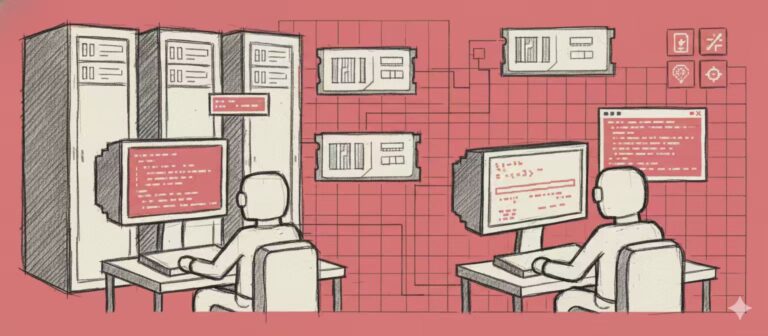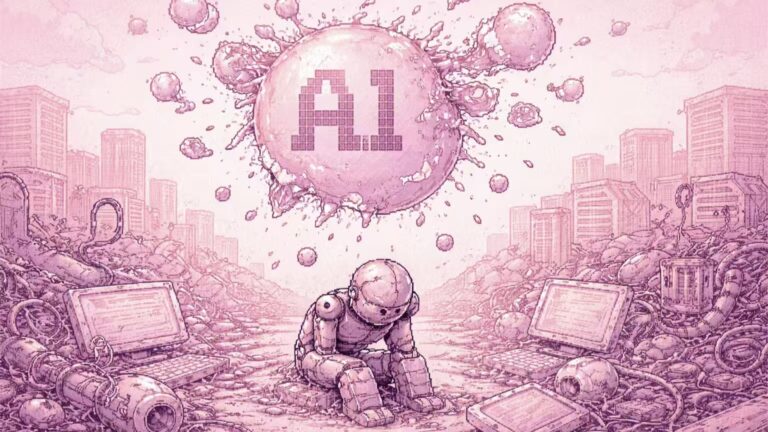By Super Neuro
Ken Liu, also known as Ken Liu, is a Chinese-American science fiction writer. His most famous achievement is the successful translation of Liu Cixin's "Three-Body" series of novels into English, which made Liu famous in the field of international science fiction literature.
This time he brought his new work "Byzantine EmpathyByzantine Empathy, integrating VR technology and blockchain into the novel, he even successfully launched his own ICO in the novel, called Empathium (Chinese translation: "Empathy Coin").
A lawyer who can’t code is not a good writer
Liu Yukun immigrated to the United States with his parents when he was 8 years old. He mainly worked as a lawyer and programmer, and even worked as an engineer at Microsoft. Later, he specialized in corporate law and became a practicing lawyer. Writing is just his hobby.
This hobby enabled him to win the Hugo Award, the highest award in the global science fiction literature, twice for "Paper in Hand, Love in Heart" and "Mono no aware".
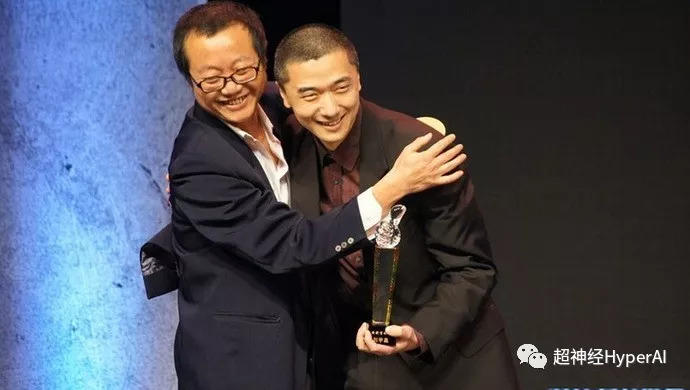
Liu Cixin and Ken Liu took a photo together after receiving the award
Recently, the science fiction anthology Twelve Tomorrows published by MIT Press in May included his new work Byzantine Empathy, as well as Liu Cixin's work "The Golden Fields" translated by him.
Byzantine Empathy, also translated as "Byzantine Empathy", is a short science fiction novel that tells a story about the combination of blockchain and VR. In the story, he created a cryptocurrency called "empathium", which is translated into Chinese as "empathy coin".
In the novel, cryptocurrency is no longer a plaything of drug dealers and terrorists, but appears in a more elegant form. bitcoin.com conducted a special interview on this, and the following is the transcript of Ken Liu's interview.
Interview transcript: Novel
Q
Why did you think of bringing Bitcoin, or cryptocurrency, into the Byzantine Generals Problem?
Ken Liu:
It is difficult to explain all aspects of cryptocurrency in a short story, and the best way is to focus on a certain point. In my opinion, this point is the consensus and authority of the system reached by people on cryptocurrency, which is more in line with the human story I want to tell.
Byzantine Generals ProblemThis is just what we need. This is a complex information communication problem. Cryptocurrency or blockchain technology combined with VR may be a good solution to this problem.
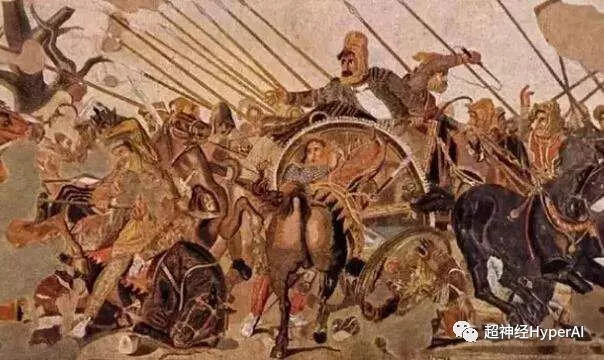
Of all the works about cryptocurrency that I know of, most of them are more or less related to international terrorism or drugs, but I am almost completely different from them. This does not mean that I do not agree with their subject matter, but I think the mathematics, algorithms, history and ideas behind cryptocurrency are very interesting, and I want to use these interesting things as the subject matter of my story.
When we read certain works of fiction, we are easily influenced by media reports, which reduce complex issues to meaningless opinions or force them to fit into existing opinions.I wanted to tell a story that respects readers and cryptocurrency practitioners, starting from the most basic papers, source code, and the people who have devoted their time and energy to cryptocurrency, and not shying away from the complex issues.
Q
Why did you choose to publish your novel in Twelve Tomorrows?
Ken Liu:
Wade Roush, editor of MIT Press, invited me to contribute an article on the technology covered by MIT Technology Review. I thought I could write this article based on VR and blockchain, which I am good at.
Interview transcript: About ICO
Q
How did you build empathium?
Ken Liu:
I studied a lot of issues related to disaster relief and non-governmental organizations, and there are some differences in how they deal with victims of natural disasters and man-made disasters. This is a more complicated issue. I hope to find the answer through blockchain and VR technology, and this idea became the basis for creating "empathium".
Q
Why did you choose VR and blockchain as the themes of your story?
Ken Liu:
In addition to being a very interesting application of mathematics, blockchain also means a new development in building consensus systems and solving collective decision-making problems.Historically, people have solved this problem through elections, juries, courts, absolute monarchs, and so on.
As a medium, VR, like movies, television, and the Internet, is constantly changing the way people communicate with each other and building individual and group identities. As a science fiction writer, how could I ignore a technology that will have a huge impact on the present and the future?
Interview transcript: Reality Technology
Q
What do you think of system hacking?
Ken Liu:
After studying how laws constrain and guide corporate decision-making, how they compete and collaborate, and how companies circumvent legal constraints, I feel that system hacking should be considered a fundamental part of society, including the world of fiction.
Q
How does your view on hackers relate to your background as a programmer and in law?
Ken Liu:
My main jobs are programming and lawyering, so I am used to looking at problems through the lens of semiotics, and programmers and lawyers have something in common in the way they think about symbolic systems:They are all trying to fundamentally build a symbolic system of hackers to solve some problems through established rules.
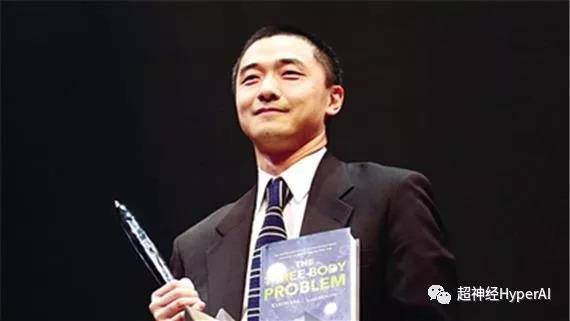
For a writer, readers have been trained to respond emotionally to various literary genres and narrative techniques, and the writer is like an emotion-building machine to deliver content. This is not much different than a lawyer putting together a company contract or corporate structure, or a programmer programming a program.
I personally like writing, and I also like programming and law, so I can find something beyond technical ability in the work I love. For me, some source code snippets or legal arguments are as worthy of appreciation as works of art. The same is true for novels. In addition to building a machine that communicates emotionally with readers, it also requires some additional creativity.
Super Neuropedia
Byzantine Generals' problem
Byzantine Generals Problem
It was proposed by Leslie Lamport (winner of the 2013 Turing Award) to study the fault tolerance of distributed systems.
The Byzantine Empire wanted to attack a powerful enemy, so it sent 10 armies to surround the enemy. The generals of the Byzantine Empire could only communicate the attack signals through messengers, so they had to agree on a common battle plan.However, one or more of them may be traitors, who are trying to confuse the others, and whether an algorithm can be found to ensure that the loyal generals reach an agreement.
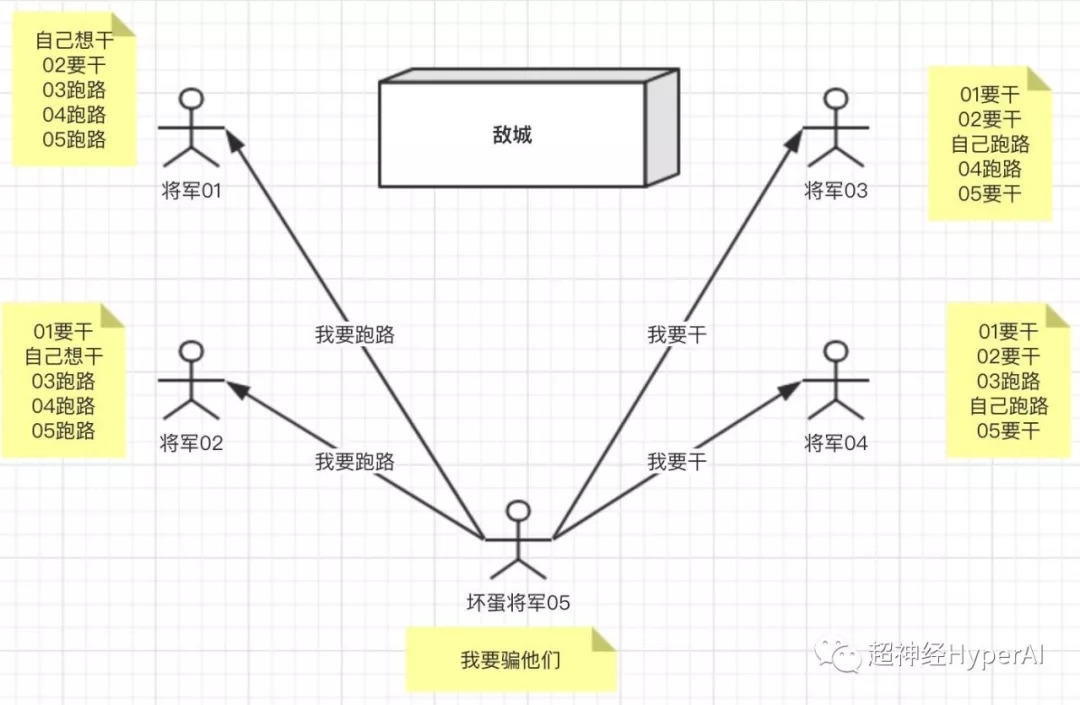
The significance of this problem is to study the fault tolerance of distributed systems and verify that it is impossible to achieve consistency through message passing on an unreliable channel where messages are lost.


